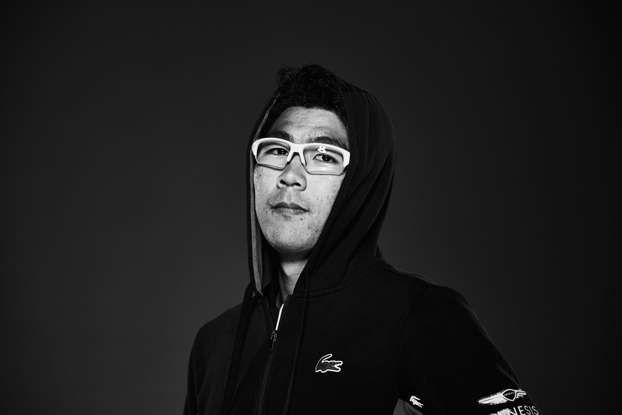The strange case of Hyeon Chung
- NEXUS
- May 7, 2025
- 3 min read
Hyeon Chung’s story is one of incredible promise, halted by unforeseen setbacks. Once hailed as the future of Asian tennis, he captivated the world with his explosive game and fearless attitude, particularly during his remarkable run to the semifinals of the 2018 Australian Open. That year, he also claimed the Next Gen ATP Finals title, signaling his arrival as a force to be reckoned with on the world stage.

However, almost as quickly as he rose to prominence, injuries began to take their toll. Chronic back problems, a ruptured Achilles tendon, and recurring pain meant long stretches away from competition. By the time he was physically able to return, Chung found himself facing a different kind of challenge, the psychological battle of reclaiming his place in the game.
The Psychological Toll of a Long Absence
For elite athletes, physical rehabilitation is just one part of the comeback journey. The mental struggle can often be even more daunting. After years away from the tour, Chung must now reconcile his past achievements with his current reality. The questions loom large: Can I still compete at the same level? Will my body hold up under the pressures of the tour?
In professional sports, athletes who experience prolonged absences often confront a profound loss of identity. Chung was once considered a future Grand Slam contender, a player whose aggressive baseline game and mental toughness made him a threat to the best. Now, he must navigate the reality that his ranking has plummeted, and the sport has evolved in his absence.
Facing Expectations and the Weight of Memory
One of the most difficult aspects of Chung’s journey is managing the weight of expectations, both his own and those of those around him. Once a rising star, he now faces the pressure of proving himself all over again. The memories of past successes can feel like both a source of inspiration and a heavy burden. How does one live up to the promise of the past when the present seems so uncertain?
Moreover, when an athlete’s career trajectory is disrupted, it can lead to a sense of disconnection from the sport itself. Returning to the court after years of setbacks means not only fighting physical pain but also rediscovering the passion and competitive spirit that once defined them.
Building Resilience and Confidence
At NEXUS, we understand that mental performance is just as crucial as physical readiness when staging a comeback. Our approach focuses on helping athletes like Chung regain their mental edge by fostering resilience, rebuilding self-belief, and developing strategies to handle pressure. It’s not just about returning to the court, it’s about rediscovering the mindset that propelled them to success in the first place.
We work with athletes to confront the challenges of re-entry into high-level competition, helping them manage the psychological weight of past injuries and the fear of falling short. The goal is to restore a sense of purpose and focus, allowing them to compete without the shadows of doubt and past setbacks holding them back.
A Path Forward
Hyeon Chung’s story is far from over. The journey to reclaim his place among the tennis elite is not just about physical recovery but also about mental renewal. The resilience to overcome adversity, the courage to face the unknown, and the belief that past success can be a foundation rather than a burden. these are the elements that will shape his comeback.
As Chung continues to rebuild his career, the mental aspect will play a pivotal role. At NEXUS, we believe that by addressing the mental challenges head-on and fostering a mindset rooted in growth and adaptability, Chung can write a new chapter in his career, one defined not just by past promise but by a resilient and triumphant return.




Comments